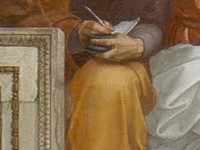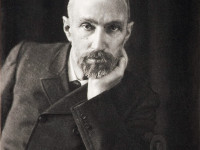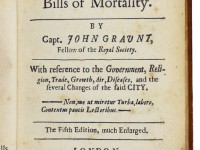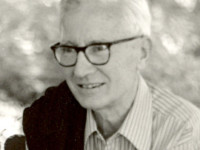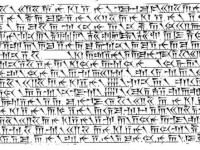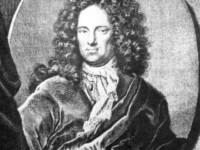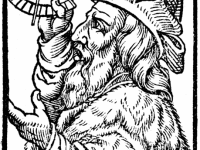Anaximander and the Milesian School of Philosophy
At about 610 BC, pre-Socratic Greek philosopher Anaximander of Miletus was born. He belonged to the Milesian school and learned the teachings of his master Thales. According to available historical documents, he is the first philosopher known to have written down his studies, although only one fragment of his work remains. An early proponent of science he tried to observe and explain different aspects of the universe, with a particular interest in its…
Read more

